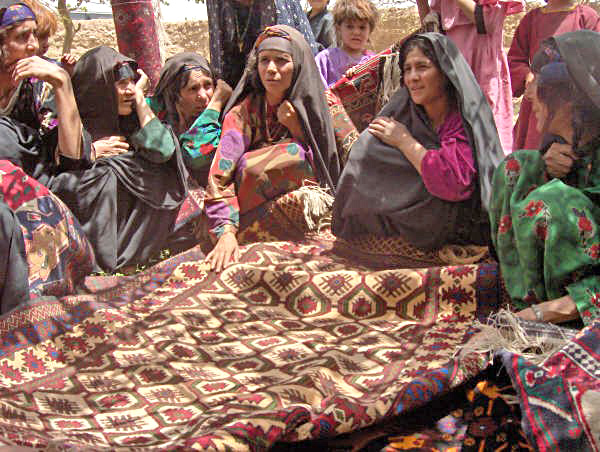Trafficking in drugs is mainly controlled by worldwide criminal organizations. Each group may manufacture or import drugs from other countries. Once in possession they then distribute and sell them across the country or smuggle them to another country. More recently, different organizations have allied together for greater protection of their products and from law enforcement. During the 1990s, law enforcement officials discovered an alliance between South American cartels and the Italian mafia who were involved together in a multi-billion dollar trade in cocaine.
The drug trade is most active in parts of the world where poverty is embedded in society. In South America, a large percentage of the population from each country there lives below the poverty line. Poor families that live in impoverished areas are desperate to earn an income to support their families. They therefore are drawn into the hands of drug cartels who offer better pay. These conditions are mirrored in other continents and areas around the world, including Southeast Asia and Africa. Corruption in a national government also abets the drug trade. Corrupt officials may accept bribes from drug lords to look the other way or may be personally involved in the profits made. Weak, corrupt governments that subtly support the drug trade can be found widely through Eastern Europe, extending all the way to Russia.
There is currently a War on Drugs being waged by practically every Western nation against drug traffickers. The war so far has had mixed results. While the trade is weaker than it has been in past decades, violence connected to drugs continues to happen, particularly in Mexico. Many blame the high demand in western nations for drugs that fuel the trade and insist instead for more funding for rehabilitation programs and promoting the awareness of the effects of drugs.
Information obtained from Wikipedia.org & bbc.co.uk/news
There is currently a War on Drugs being waged by practically every Western nation against drug traffickers. The war so far has had mixed results. While the trade is weaker than it has been in past decades, violence connected to drugs continues to happen, particularly in Mexico. Many blame the high demand in western nations for drugs that fuel the trade and insist instead for more funding for rehabilitation programs and promoting the awareness of the effects of drugs.
Information obtained from Wikipedia.org & bbc.co.uk/news






